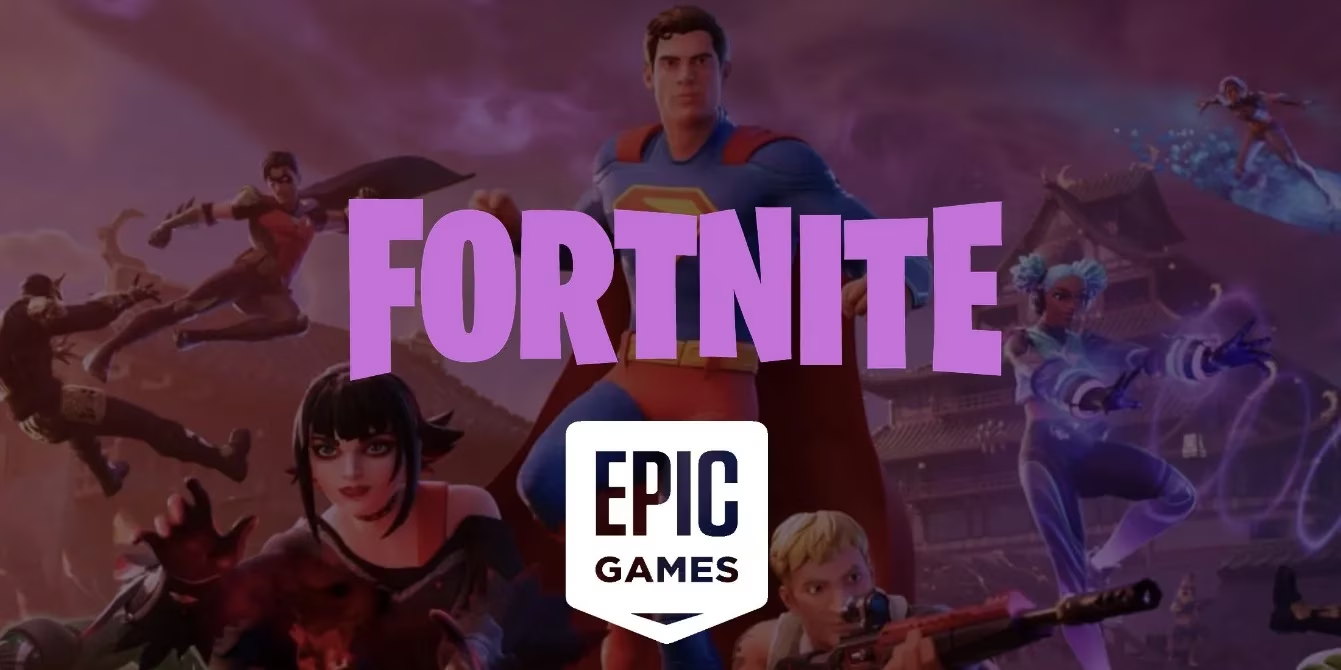Epic Games Takes Legal Action Against Fortnite Cheaters: A Bold Stand for Fair Play
Epic Games fiercely combats Fortnite cheating with legal action, showcasing their unwavering commitment to fair play and game integrity in a competitive landscape.
In a gaming landscape where fair play is increasingly threatened, Epic Games has once again demonstrated its unwavering commitment to maintaining the integrity of its battle royale phenomenon. The company has officially taken legal action against gamers who cheated while playing Fortnite, marking yet another chapter in their ongoing crusade against those who seek to undermine the game's competitive balance.
The Latest Legal Battle
July 2025 has seen Epic Games target two specific players with lawsuits for particularly egregious violations. One player not only used cheats but took the additional step of selling them to others, essentially profiting from corrupting the game experience. The second player employed distributed denial-of-service (DDoS) attacks against streamers, attempting to gain unfair advantages by disrupting their opponents' connections.
"When you see a company taking such decisive action against cheaters, it sends a clear message about their values," notes gaming analyst Maya Rodriguez. "Epic isn't just talking about fair play—they're putting their legal team behind those words."

Both offenders have received lifetime bans from Fortnite and, perhaps more humbling, have been required to create public apology videos. This combination of penalties—legal, financial, and reputational—represents Epic's comprehensive approach to deterrence.
A Pattern of Enforcement
This isn't Epic's first venture into the courtroom over cheating issues. Earlier this year, a similar case resulted in a cheater being forced to post an apology video and donate all winnings from the Fortnite Championship Series to charity. The company's willingness to pursue legal remedies has become something of a signature move in their anti-cheating playbook.
But why does Epic Games go to such lengths when they already have sophisticated anti-cheat software in place? The answer lies in understanding the ecosystem that surrounds competitive gaming.
People Also Ask:
Why doesn't Epic Games just rely on their anti-cheat software?
While Fortnite's anti-cheat systems are among the industry's most respected, technology alone cannot eliminate the problem. Human ingenuity in circumventing rules requires human consequences as a counterbalance.
Isn't suing players an extreme response to cheating?
Epic Games views cheating not merely as breaking game rules but as threatening their business model. When cheaters drive away legitimate players, they damage Epic's reputation and bottom line.
Do these lawsuits actually deter cheating?
While there's no perfect solution, Epic's multi-pronged approach has helped position Fortnite as one of the better games at preventing cheaters from prospering, according to a late 2024 study of anti-cheat initiatives.
The Cheating Economy
Perhaps most troubling is the revelation that an entire cottage industry has developed around creating and selling cheats for popular battle royale shooters. This underground economy transforms what might seem like isolated rule-breaking into a systematic assault on game integrity.
"We're not talking about a kid who found a glitch and exploited it once," explains cybersecurity expert Jamal Washington. "We're dealing with organized operations that develop sophisticated tools specifically designed to bypass security measures."
When viewed through this lens, Epic's aggressive stance makes more sense. They're not just punishing individual offenders; they're attempting to disrupt an entire shadow economy built around undermining their product.
Beyond Legal Action
Epic's fight against cheating extends beyond the courtroom. Recently, the company reduced the number of bots Fortnite players encounter in battle royale mode from 75 to 65 per match, demonstrating their commitment to maintaining a challenging and authentic competitive environment.
This holistic approach—combining technological solutions, policy changes, and legal consequences—reflects an understanding that no single measure can completely eliminate cheating.
The Community Response
The community has largely responded positively to Epic's hardline stance. Many players express relief that the company takes cheating seriously enough to pursue real-world consequences.
"When I invest hundreds of hours into improving my skills, the last thing I want is to lose to someone using software to aim for them," says competitive Fortnite player Elena Chen. "Knowing Epic has our backs makes the game worth playing."
But is this approach sustainable? Can Epic Games continue to pursue individual lawsuits as their player base grows? And at what point does enforcement become excessive?
These questions remain open, but one thing is clear: Epic Games has positioned itself as perhaps the most proactive major developer when it comes to combating cheating. Their willingness to take legal action against those who break the rules sends a powerful message about the value they place on fair play.
As we look toward the future of competitive gaming, Epic's approach may well become a model for other developers facing similar challenges. In a world where online competition continues to grow in both popularity and financial stakes, maintaining the integrity of the playing field isn't just good ethics—it's good business.
And so, as Epic Games continues its legal battle against those who would undermine the foundations of fair play, the message to would-be cheaters becomes increasingly clear: in the world of Fortnite, breaking the rules might cost you far more than just your place in the game. Is that victory royale really worth risking a real-world lawsuit? For the sake of gaming communities everywhere, let's hope potential cheaters are asking themselves that very question.
